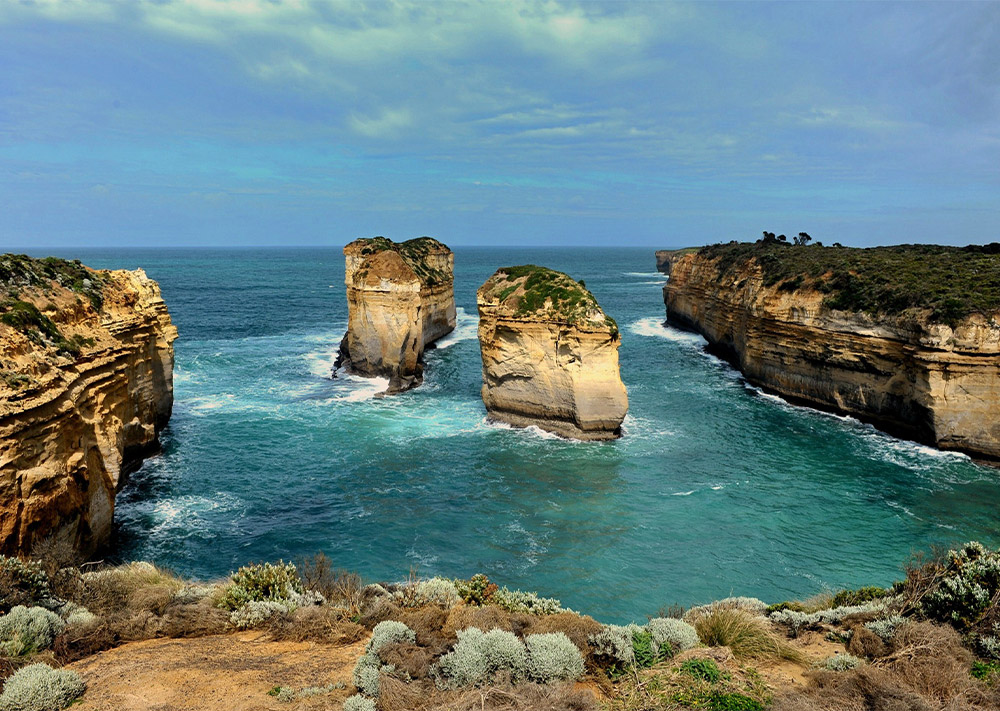Amplifying Traditional Owner voices in the media, raising Traditional Owner concerns through advocacy and celebrating Traditional Owner vision through policy is at the core of our work.
We do this through publications, media and engagement.
We do this through publications, media and engagement.

The Federation released six papers, developed to align with the insights and questions posed during Traditional Owner treaty engagement meetings.
The discussion papers successfully stimulate ideas, discussion and debate about treaty and agreement making in Victoria.
The accounts are prepared in accordance with Australian Accounting standards, and as a registered charity, the Federation is subject to regulation by the Australian Charities and Not for Profits Commission.
We support the progress of agreement-making and participation in decision-making to enhance the authority of Traditional Owner Corporations on behalf of their communities. Together, our joint purpose is to facilitate and amplify a strong voice for Traditional Owners and progress our shared interests.